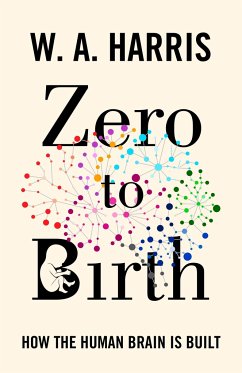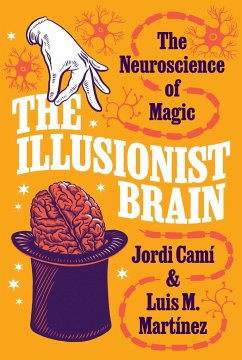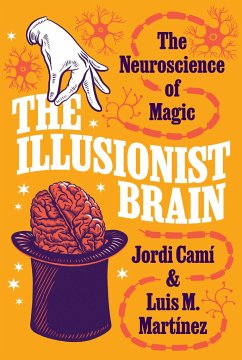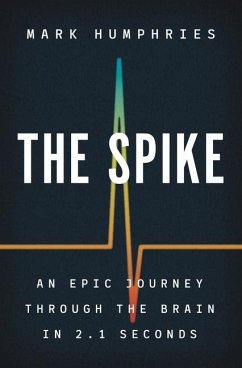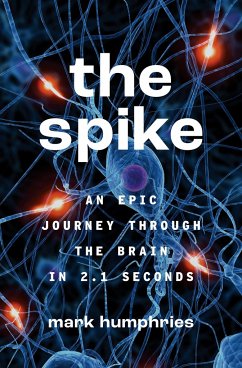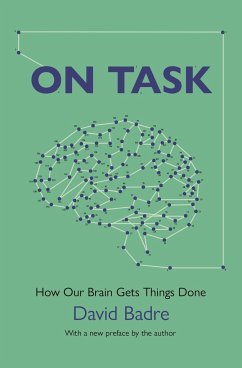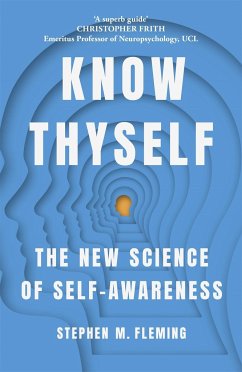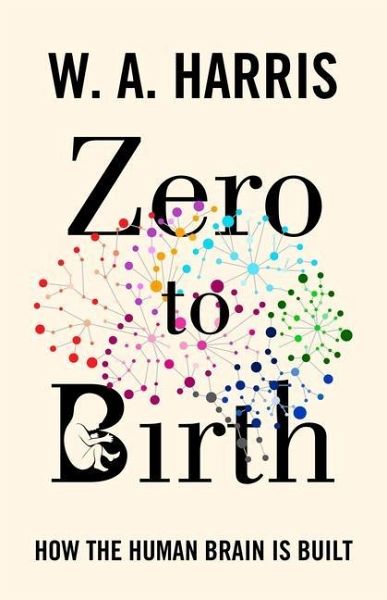
Zero to Birth
How the Human Brain Is Built

PAYBACK Punkte
16 °P sammeln!
"By the time a baby is born, its brain has nearly 100 billion intricately shaped neurons wired together to comprise a small, soft-matter supercomputer. How is this incredibly complicated organ built in just nine months? This book is a step-by-step guide to what we know about the development of the human brain, from its earliest embryonic origin to birth and a little beyond. Written from an experimental neuroscientist's perspective, this book provides readers with a conceptual understanding of the field of developmental neurobiology, outlining both the biological mechanisms (genetic, environmen...
"By the time a baby is born, its brain has nearly 100 billion intricately shaped neurons wired together to comprise a small, soft-matter supercomputer. How is this incredibly complicated organ built in just nine months? This book is a step-by-step guide to what we know about the development of the human brain, from its earliest embryonic origin to birth and a little beyond. Written from an experimental neuroscientist's perspective, this book provides readers with a conceptual understanding of the field of developmental neurobiology, outlining both the biological mechanisms (genetic, environmental, and stochastic) that play significant and interrelated roles in neural development, and how we have come to understand the human brain's construction and function. Highlighting the major questions that have propelled the field forward-including those pushing at the frontiers of the field today-and the stories of major discoveries made by pioneering scientists around the world, the book describes how the structures and mechanisms of the developing brain were discovered. Chapters progress chronologically, tracking the actual growth and development of the human brain from conception to just after birth, as well as the history of how these mechanisms were revealed. Throughout, findings from studies of model organisms, such as nematodes, flies, frogs, fish, birds, mice, and sometimes non-human primates, are woven into the narrative and put into the context of a human embryo or fetus, as there are clear indications that the same processes involving the same genes are found across species. The book concludes with a discussion of what makes individual brains unique and how research on early neural development is helping us better understand the genetic and embryonic origins of many neurological and cognitive traits that only reveal themselves later in life"--



